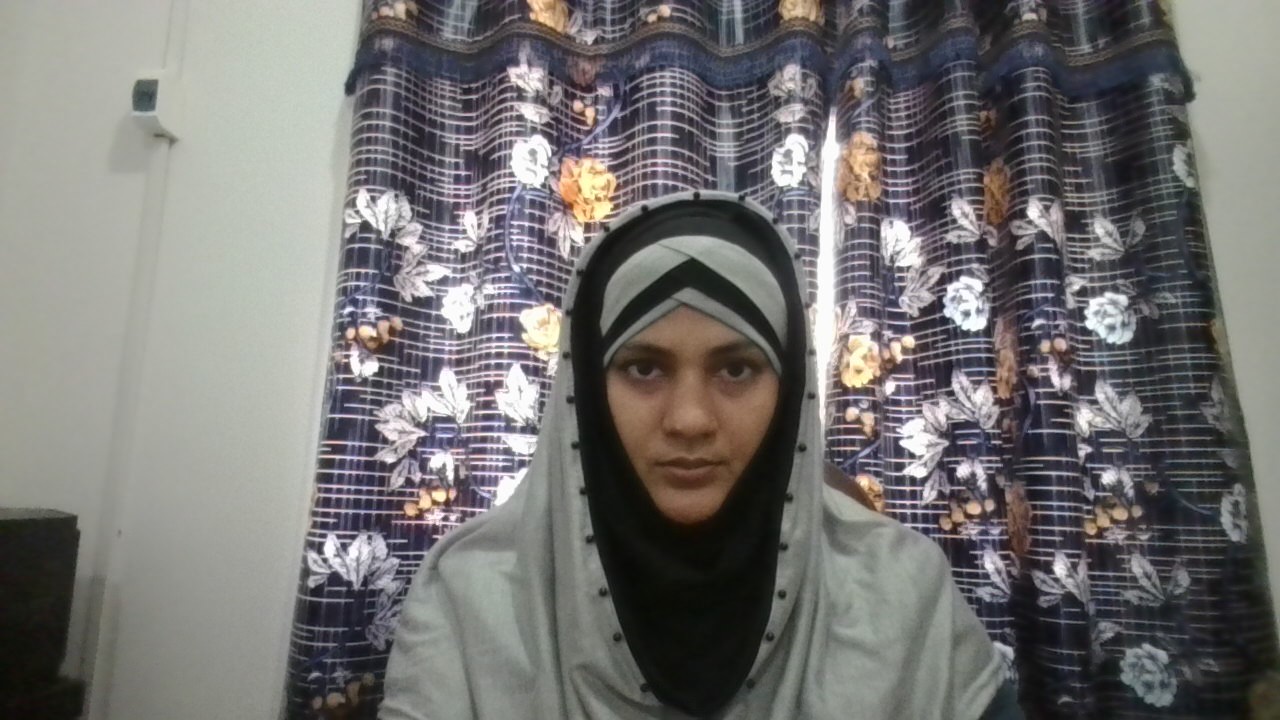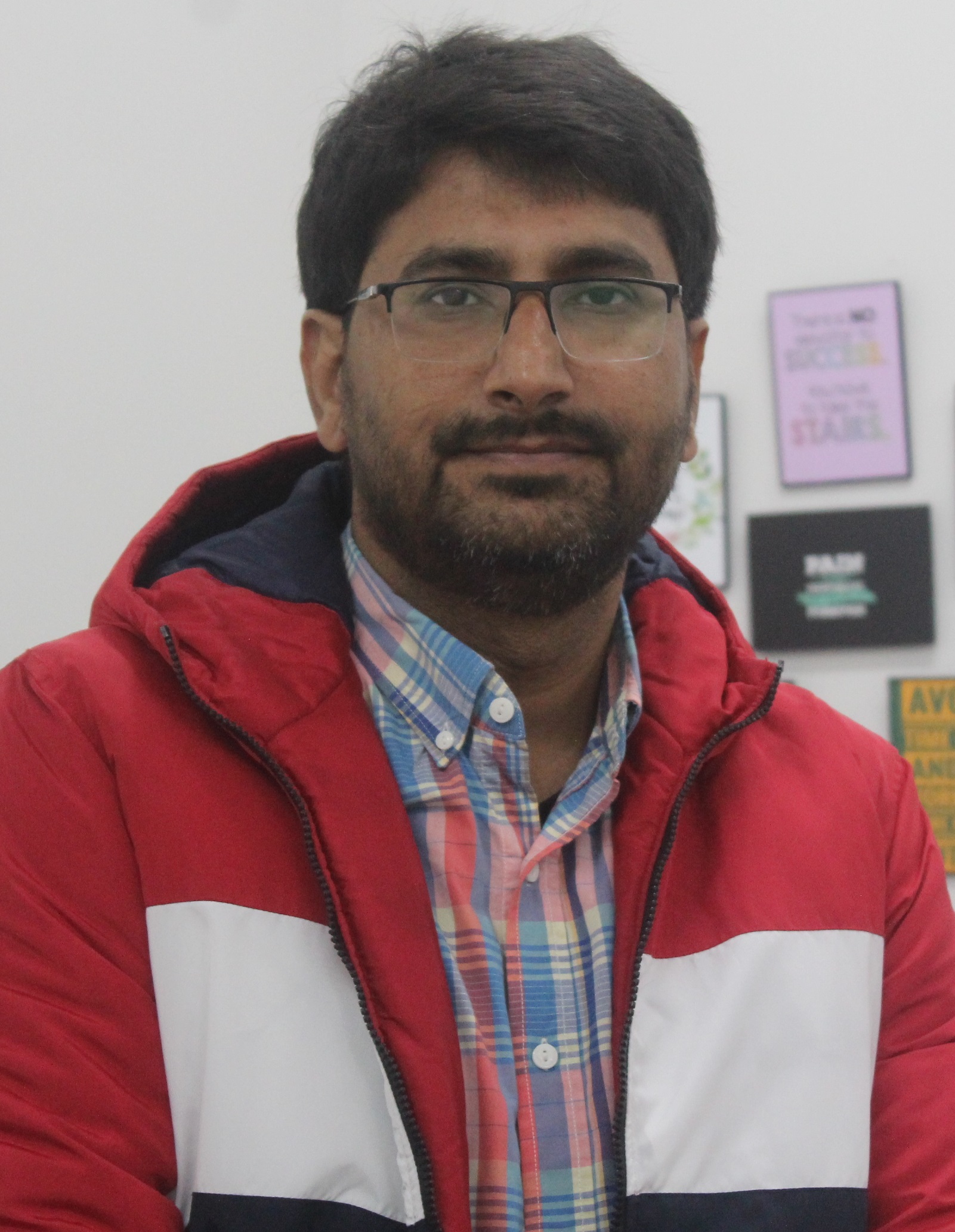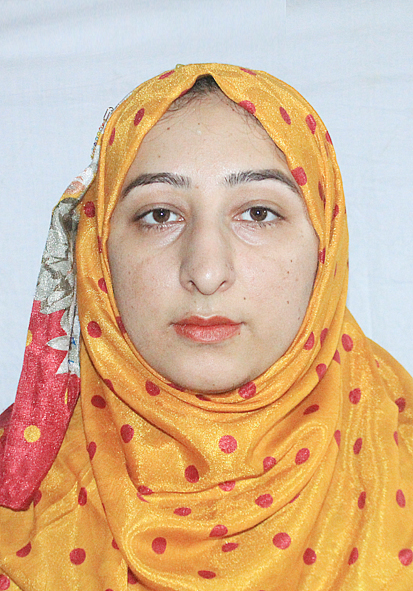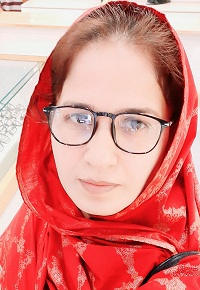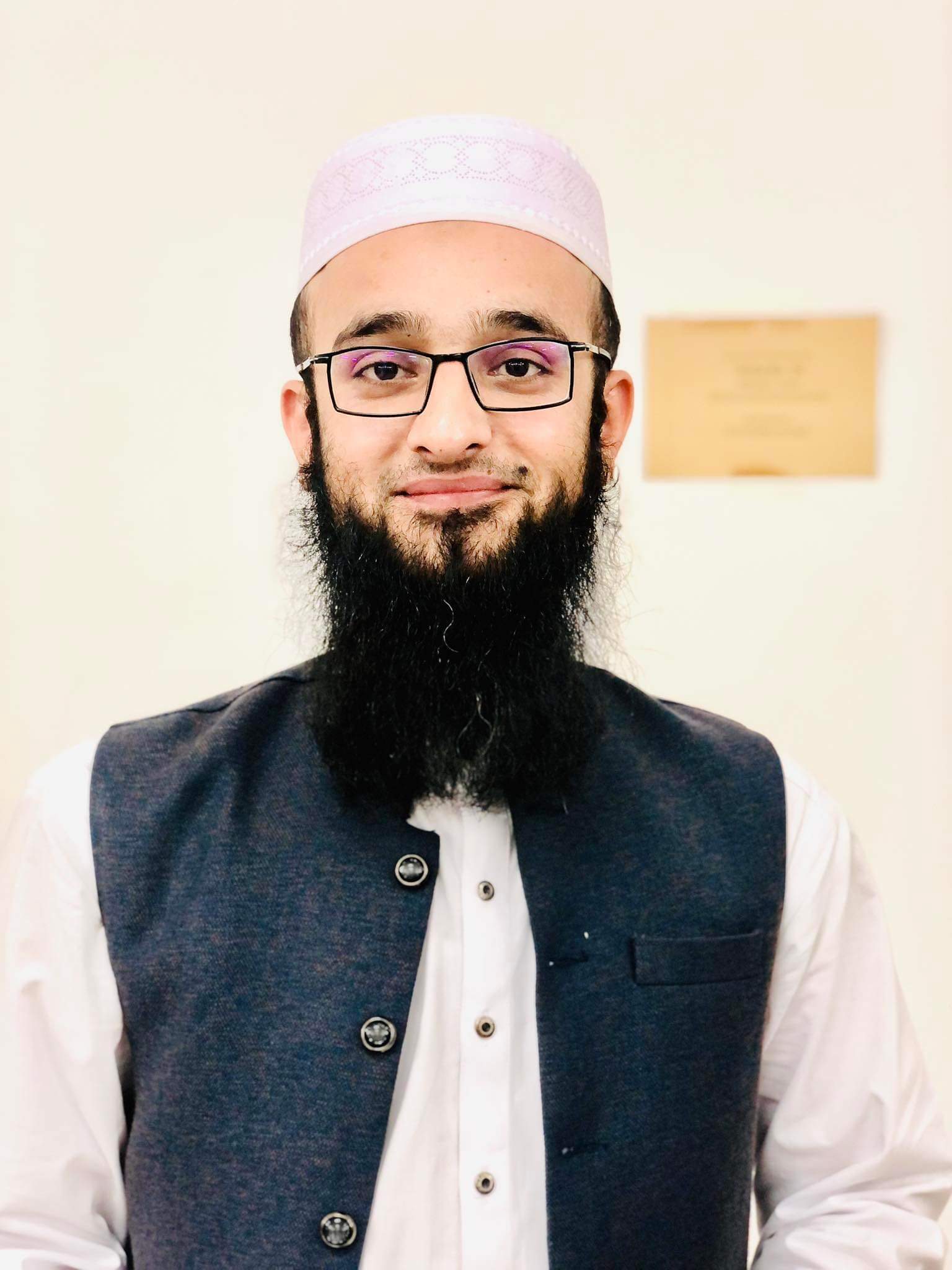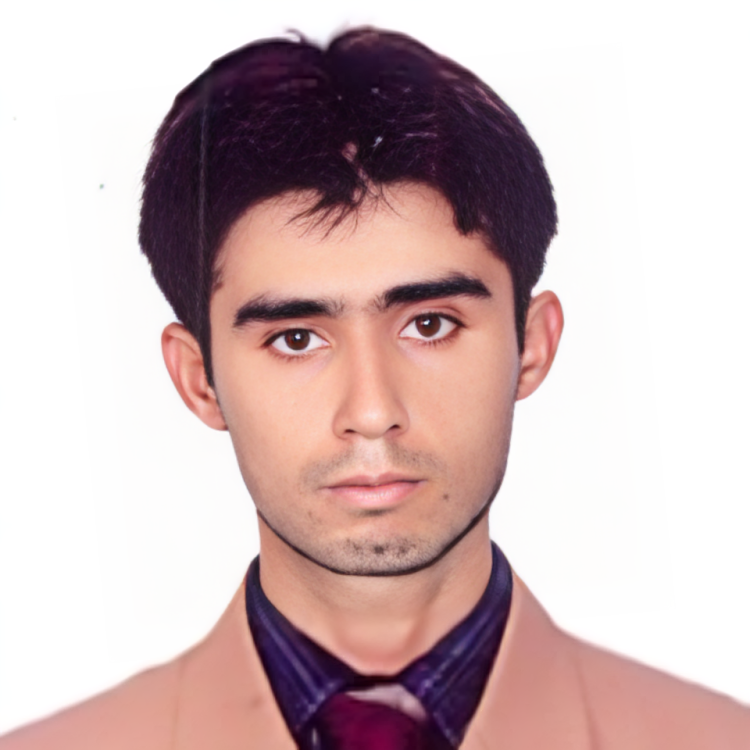
Prof. Dr. Muhammad Mujtaba Shaikh
CHAIRMAN
Leading the department with excellence and innovation.
View ProfileAbout the Department
Introduction
Telecommunication Engineering stands amongthe fields with continuous growth throughout the times and the pace has exponentially increased since the start of the second decade of the 20th century. Communication is anessential facility and with the inception of the internet being platform of every other service, it has infiltrated every aspect of 21st• century life. Telecommunication has synchronized and overlapped multiple other areas, be it wired communication paving the ground of communication over copper growing to optical fibre such as broadcast wired networks, complex digitalized switching systems, etc. or wireless communication with vast communication networks and services such as
RADAR communication, Satellite communication, Mobile Communication evolvedup to 5G/6G. Telecommunication has been the field with specialization in all these areas and even more.
The Department of Telecommunication Engineering offers four years (8• semesters) programme leading to a degree of Bachelor of Engineering (B.E) in Telecommunication. This programme includes the teaching of courses adequately supplemented with practical hands-on training in laboratories and the use of other modern ways in imparting professional education to prepare students to take leading positions over a wide range of expertorganizations and research projects in information technology and communication industries. Moreover, courses are refined and upgradedas per the latest trends and cutting-edge technologies to equip students with the state-of-art skill set and enable young graduates to achieve numerous job opportunities in both public as wellas private sector organizations.
Vision
Toprovide affordable high-quality education and to produce engineers with high knowledge and skills inthe field of telecommunication engineering to solve complex engineering problems individually and as a team player for accelerated socio-economic development.
Mission
To serve the engineering profession by offering high-quality education to create professionals and contribute to the local and global society by providing innovative solutions with a focus on research and development through industry-academia linkages in telecommunication and related studies.
Program Educational Objectives (PEOs)
1. To acquire strong technical knowledge in telecommunication engineering that leads to the capability of analyzing and designing efficient communication systems, and participating in professional practice, testing and troubleshooting of telecommunication engineering systems.
2. To produce academicians andresearchers with strong independent critical thinking as well as sound leadership capabilities in communication and network engineering projects to meet engineering and societal requirements.
3. Toproduce responsible citizens who can efficiently resolve sustainable environmental issues and commit to professional ethics through life-long learning.
Degree Programmes:
1. Bachelor of Engineering (Telecommunication Engineering)-
2014 and onwards
2. Master of Engineering ( Telecommunication Systems and
Networks)-2022 and onwards
3. Ph.D (Telecommunication Engineering)- 2023 and onwards
Teaching Staff
Scheme of Studies
1st Year
1st Semester
| Code | Course | Credit Hour |
|---|---|---|
| 344 | Introduction to Computers | 2 + 1 |
| 345 | Introduction to Telecommunication | 3 + 0 |
| 346 | Applied Calculus | 3 + 0 |
| 365 | Applied Physics | 3 + 1 |
| 362 | Functional English | 2 + 0 |
| 372 | Islamic Studies/ Ethics | 2 + 0 |
2nd Semester
| Code | Course | Credit Hour |
|---|---|---|
| 410 | Object Oriented Programming | 3 + 1 |
| 221 | Basic Electronics | 2 + 1 |
| 368 | Communication Skills | 2 + 0 |
| 370 | Linear Algebra & Analytical Geometry | 3 + 0 |
| 371 | Pakistan Studies | 2 + 0 |
| 371 | Pakistan Studies | 2 + 0 |
| 371 | Pakistan Studies | 2 + 0 |
2nd Year
1st Semester
| Code | Course | Credit Hour |
|---|---|---|
| 147 | Technical report writing & Presentation skills | 2 + 0 |
| 348 | Circuit Analysis | 3 + 1 |
| 349 | Amplifiers and Oscillators | 3 + 1 |
| 349 | Amplifiers and Oscillators | 3 + 1 |
| 299 | Digital Logic Design | 2 + 1 |
| 377 | Differential Equations and Fourier Series | 3 + 0 |
2nd Semester
| Code | Course | Credit Hour |
|---|---|---|
| ES212 | Electromagnetic Field Theory | 3 + 0 |
| 373 | Signals and Systems | 2 + 1 |
| 334 | Complex Variables & Transforms | 3 + 0 |
3rd Year
1st Semester
| Code | Course | Credit Hour |
|---|---|---|
| 352 | Organizational Behavior | 3 + 0 |
| 380 | Digital signal processing | 2 + 1 |
| 380 | Digital signal processing | 2 + 1 |
| 354 | Wave Propagation and Antennas | 3 + 1 |
| 386 | Communication System | 3 + 1 |
| 356 | Probability and Stochastic Processes | 3 + 0 |
2nd Semester
| Code | Course | Credit Hour |
|---|---|---|
| 340 | Entrepreneurship & Leadership | 2 + 0 |
4th Year
1st Semester
| Code | Course | Credit Hour |
|---|---|---|
| 357 | RF and Microwave Engineering | 3 + 1 |
| 358 | Emerging wireless Technologies & RF Planning | 2 + 0 |
| 359 | Mobile and Wireless Communications | 3 + 1 |
| 54 | Final Year Project-I (FYP-I) | 0 + 3 |
2nd Semester
| Code | Course | Credit Hour |
|---|



